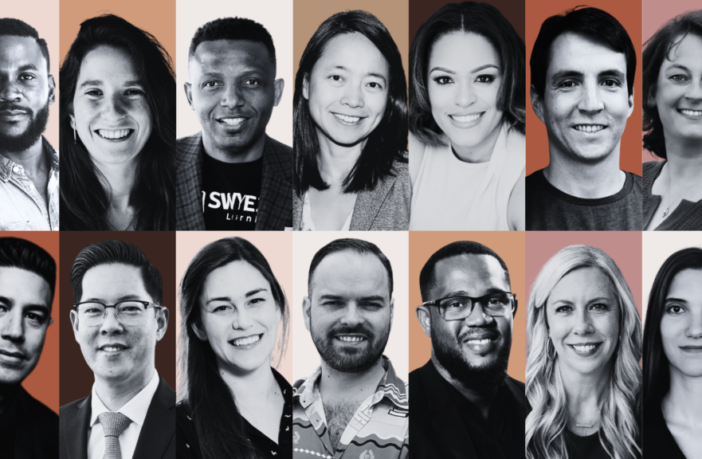This article is sponsored by Morgan Stanley Inclusive Ventures Lab
The Morgan Stanley Inclusive Ventures Lab (MSIVL) is proving that inclusion really does fuel innovation. Since 2017, Morgan Stanley’s in-house startup accelerator has helped over 100 companies raise over $200 million and reach a collective valuation of more than $1 billion.
MSIVL provides early-stage technology and technology-enabled startups with $250,000, handpicked mentors, custom curriculums in finance, sales, and marketing, and a coveted opportunity to pitch to investors following their five-month accelerator participation on a Demo Day, setting founders up for long-term success.
Meet 14 founders from MSIVL’s latest cohort.
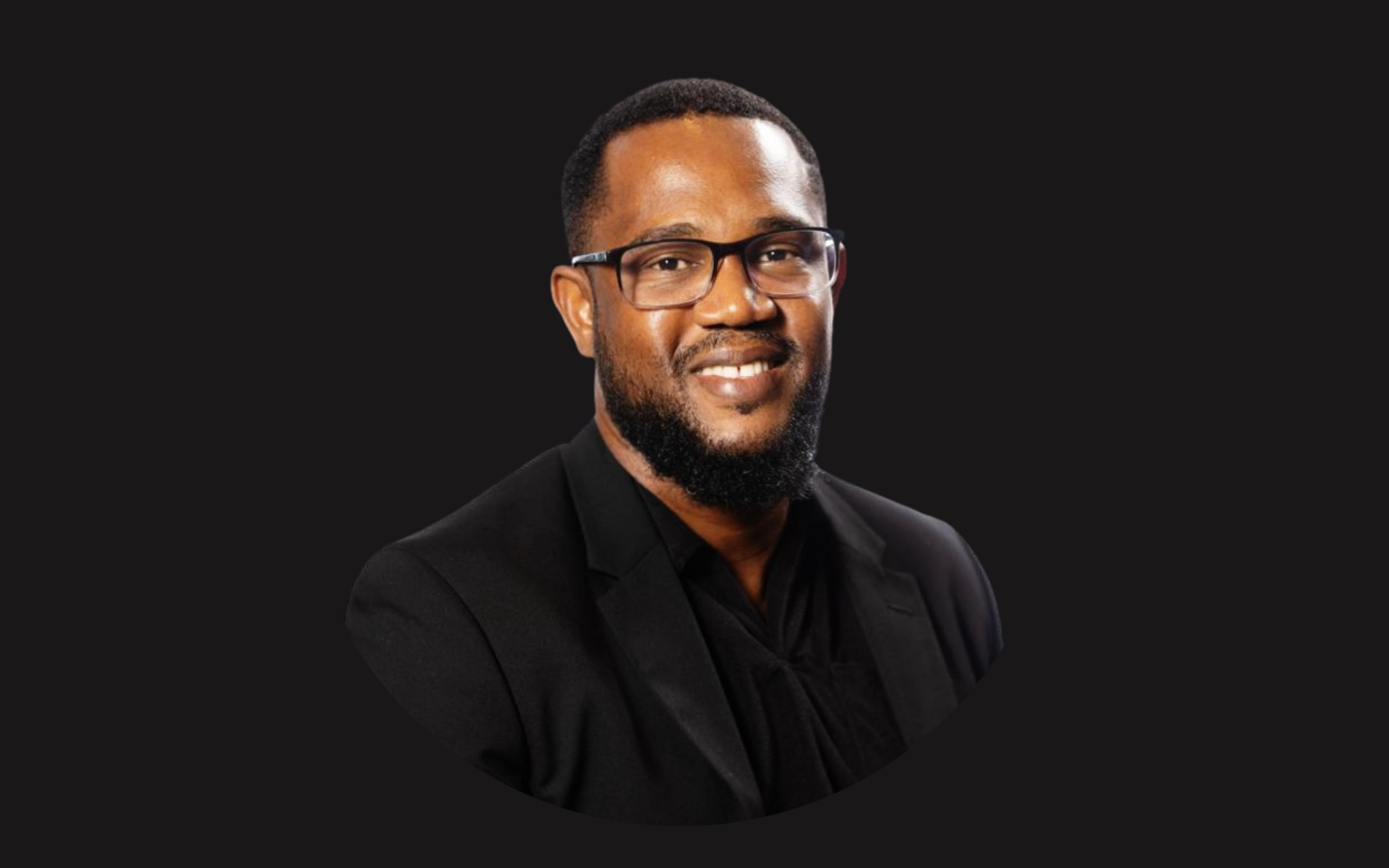
“GroceryList enables immigrants to provide for their families by delivering groceries directly to their loved ones’ doorsteps within one hour,” says Florida-based Rory Richards, whose struggles to support his sick mother in Jamaica during the pandemic led him to create GroceryList.
Customers can send orders to local merchants in Latin America and the Caribbean, with deliveries handled by local partners, creating jobs for over 1,800 gig workers.
“Our service offers ease of access to older adults and children who might not be able to leave the house, connecting them with local stores in their communities,” Richards tells POCIT. “By bridging this gap, we make it possible for families to support each other across borders.”
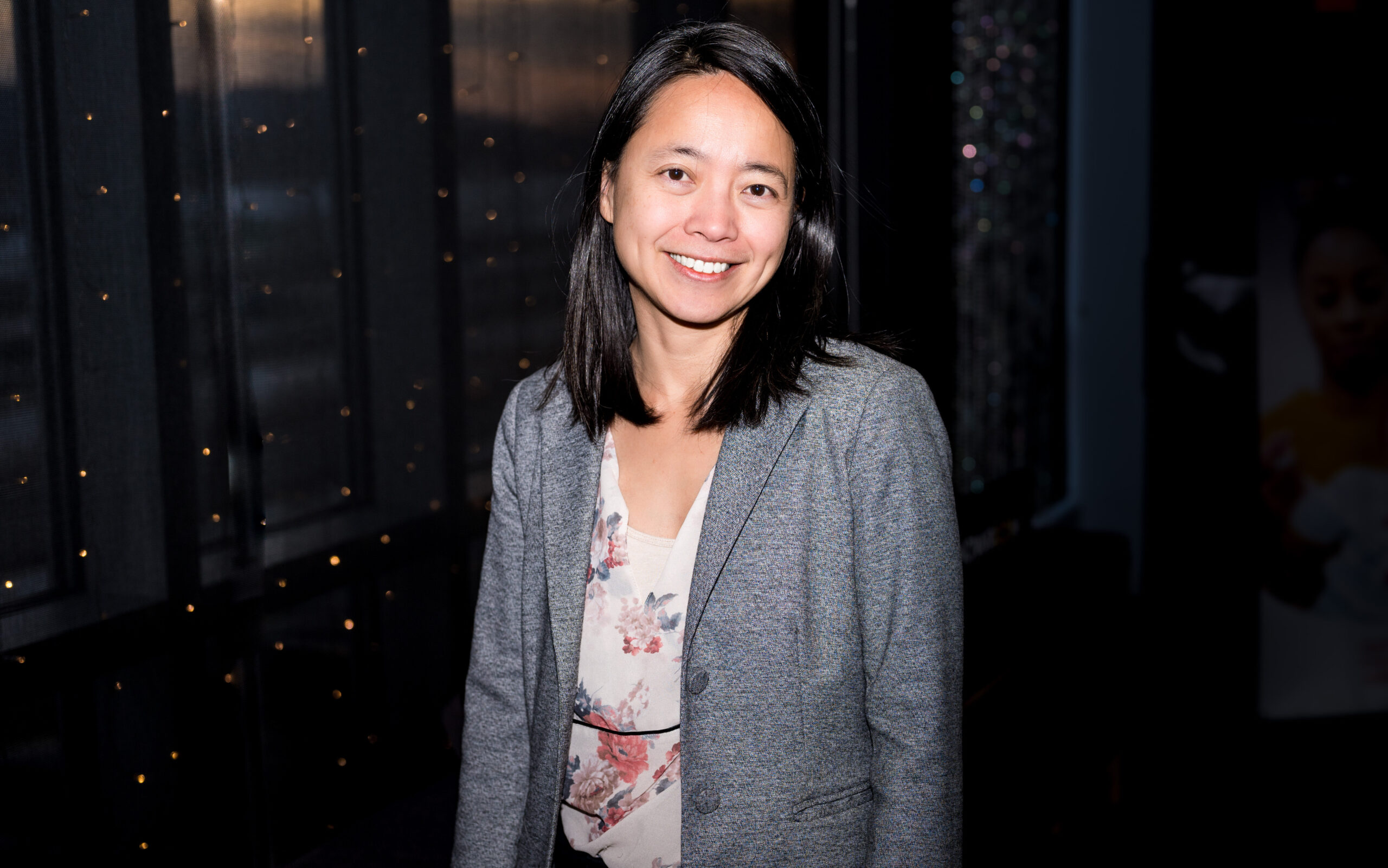
Soralink‘s AI sensor technology predicts when a machine or piece of equipment will need maintenance before a breakdown occurs.
“Predictive maintenance on critical machines does more than just cut costs and reduce waste—it also substantially improves worker safety,” says CEO Yun Yao, who co-founded Soralink after leading innovations in haptic and wireless systems.
“We believe that the integration of AI, IoT, and wireless technologies represents a powerful transformative force. Our goal is to harness this force to significantly enhance the manufacturing sector through predictive maintenance.”
Constanza Gomez, Sortile

Sortile is transforming textile recycling with AI-driven sorting systems that divert textiles away from landfills. Co-founded by Constanza Gomez and Agustina Mir, who met at Columbia University, Sortile tackles the industry’s biggest bottleneck: sorting.
“Today, it is economically better to export and landfill unwearable textiles than to sort them for recycling. Sortile changes that by seamlessly integrating to the current sorting infrastructure,” Gomez, an industrial engineer with an MBA from Columbia University, tells POCIT.
“Our device increases productivity over manual sorting more than five times, and our data software is able to give real-time insights on the operations, allowing them to optimize their processes.”

“After traveling across the country for over 16 years, it was clear that not all teaching and learning was equitable,” SWYE360 Founder and CEO Jacob Makuvire tells POCIT. “Most marginalized students lack the personalized prescriptive resources that are necessary to drive their success.”
“We started SWYE360 to ensure every student has access to quality education,” Makuvire explains. SWYE360 uses AI to help K-12 schools evaluate their software use and predict student outcomes.
SWYE360 analyzes millions of data points to create personalized learning paths and interventions. According to Makuvire, it saves schools millions, enabling them to offer competitive programs and support student success, reducing dropout rates by 25% and boosting graduation rates.
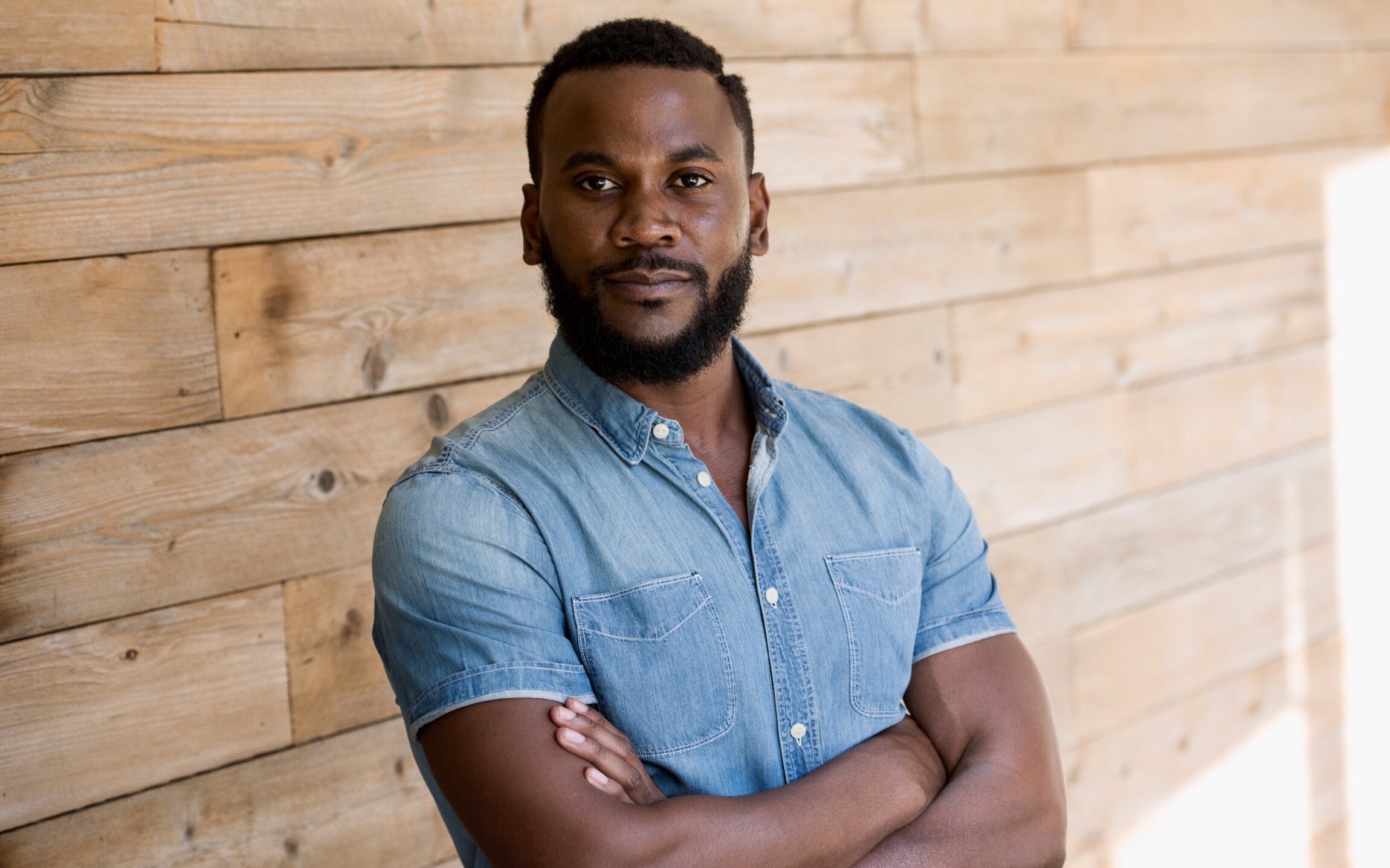
“Our mission is simple—give every small business a fair shot at growth by improving access to capital,” says Beta Financial Services CEO Seke Ballard.
BetaScore is an advanced credit scoring platform designed for small businesses and lending institutions. By leveraging AI and unique data sources, BetaScore accurately predicts loan default risk with 98.2% accuracy. It provides a comprehensive credit score and report, delivering a clear picture of a business’s financial health.
For lenders, this means better-informed lending decisions and lower underwriting costs. For small businesses, BetaScore offers a transparent, easy-to-understand credit profile that improves loan accessibility. Unlike traditional credit scores, BetaScore covers every small business, regardless of size or history, and is available for free, empowering businesses to thrive and secure the funding they need for growth.

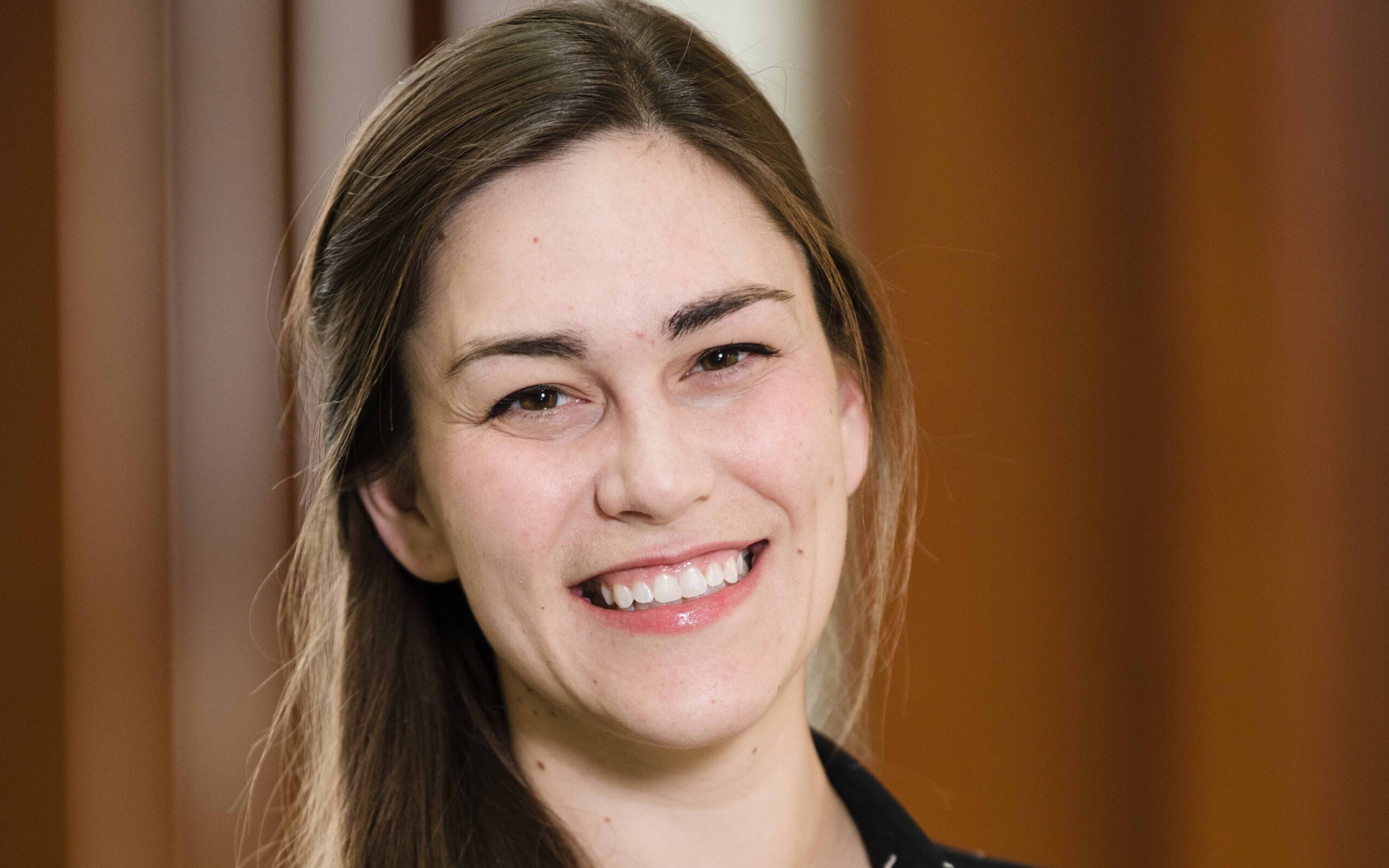
Blip Energy is all about unlocking energy equity and speeding up the clean energy transition.
“As a renter in an old, drafty building, I was frustrated by high energy bills and a lack of agency to change anything about my living space,” says Founder Sophia Wennstedt, a former Roomba engineer who also developed energy solutions at Exelon and Tesla. “I certainly couldn’t install solar panels and a battery, so I started investigating simple, drop-in solutions that could help individuals and the grid.”
Blip’s compact smart battery connects to devices like space heaters or portable air conditioners and automatically switches from grid power to battery power during costly peak hours. This helps lower household electric bills, supports grid stability, and reduces reliance on polluting power plants.
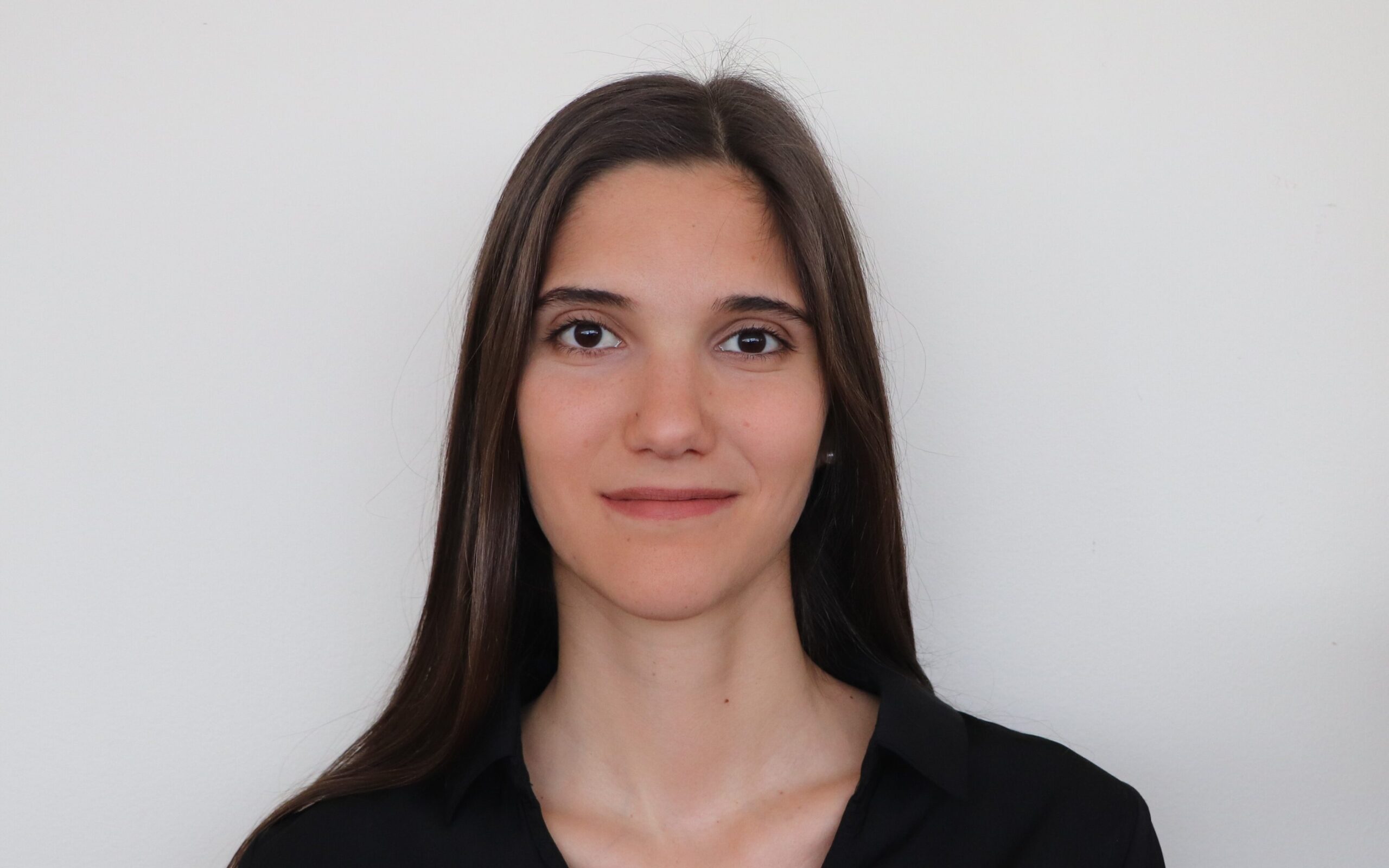
KSI Vision uses AI to transform security cameras into tools for real-time data and analytics in retail stores, creating digital twins of physical spaces to help businesses improve customer sales conversion.
“We wanted to enable them to significantly improve how they manage their businesses, in an industry where most of the technological advancement has been focused on the e-commerce channel,” co-founder and CEO Sofía Lemes tells POCIT.
KSI Vision currently operates in LATAM and Europe with some of the world’s largest retailers. “We are four founders from Uruguay,” Lemes adds. “We try to see [our obstacles]as motivation to change the status quo and set a precedent for more minority entrepreneurs to pursue their dreams.”

Hire Ground empowers enterprises to reflect the world’s diversity in their supply chains.
Cloe Guidry-Reed, a supply chain expert with over 16 years of experience, created Hire Ground after noticing that many companies struggled to balance their well-intentioned diversity goals with practical business demands.
Hire Ground uses machine learning and predictive analytics to match buyers with diverse suppliers, track economic impact, and ensure training meets modern needs. “I’m on a mission to create access and opportunities for more women and diverse business owners,” says Guidry-Reed.
Ricardo Regalado, Route
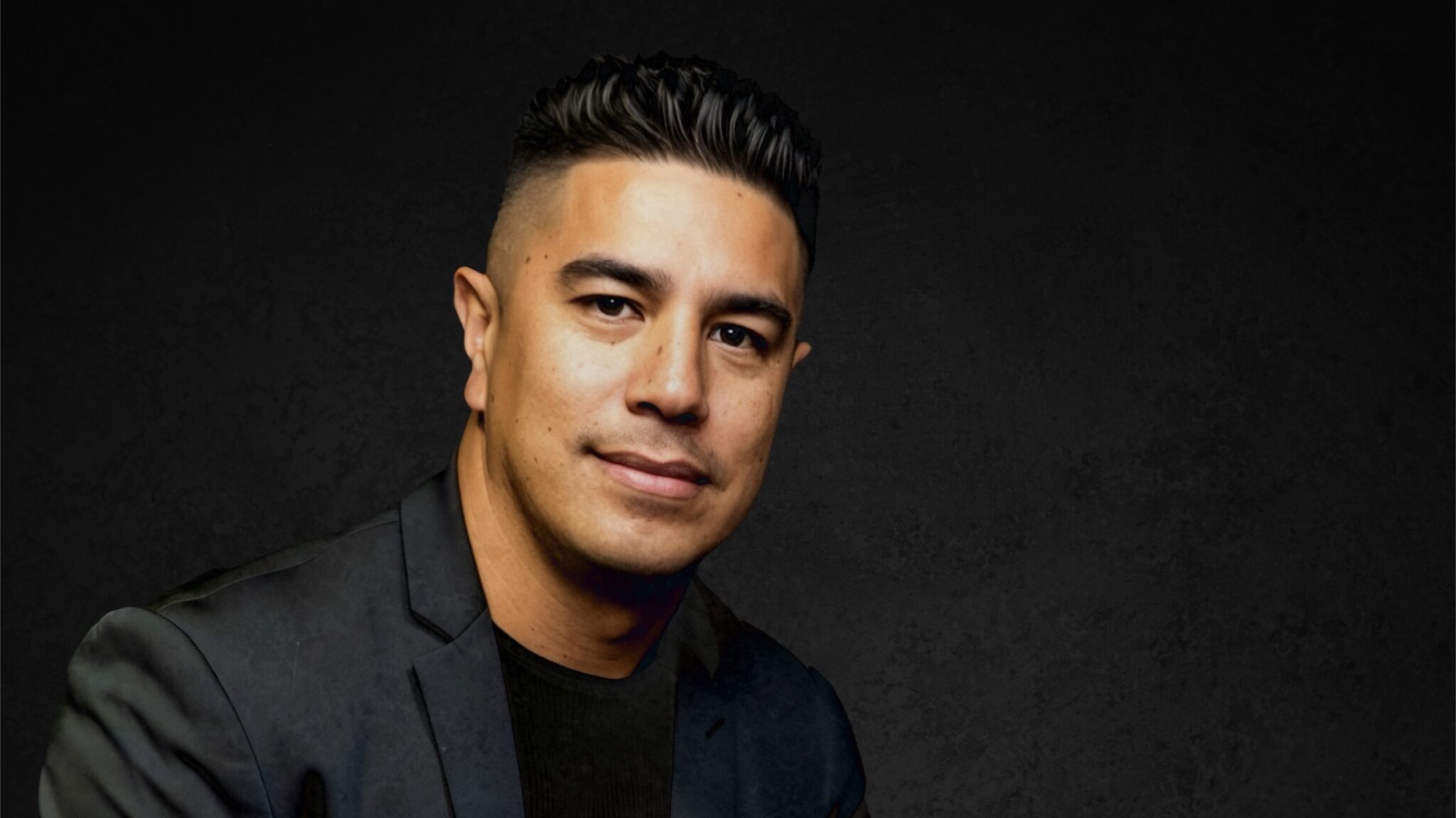
Route is a platform of business management tools for the commercial cleaning industry to help cleaning professionals win with leads, contracts and relationships.
“I’m a cleaning business owner at heart,” Founder and CEO Ricardo Regalado tells POCIT. Harnessing technology, Regalado developed a system to scale his family-owned business by 30-50% annually, making it one of the fastest-growing Latino-owned cleaning companies in America.
“I’m here to disrupt and improve the status quo in the cleaning industry and show people that, with the right tools, these gritty, hard-working cleaning business owners can build, grow, and scale. Our mission is to connect the entire cleaning industry by tech, data, education, and community!”
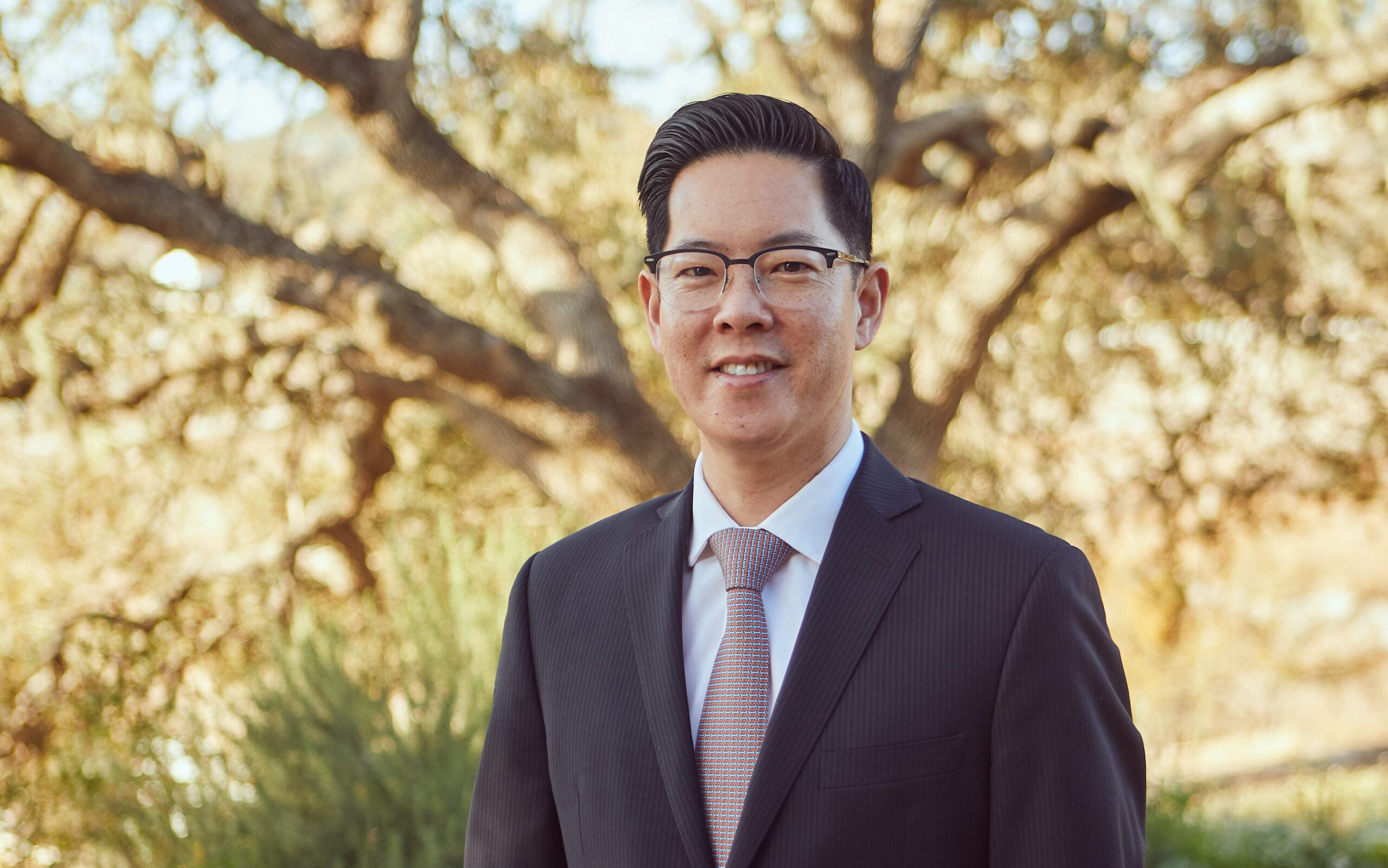
Revere simplifies venture capital data and portfolio management for asset allocators. Built by two former institutional investors, Revere uses AI and flexible data models to deliver modern analytics and custom reporting.
“Today, we monitor $855 million in assets, including 700 fund positions and nearly 12,000 portfolio companies,” says Revere Co-founder and CEO Eric Woo, formerly the Head of Institutional Capital at AngelList, the world’s largest online venture capital investment platform.
“With our tools, allocators will be better equipped to invest more capital into emerging fund managers and startups, particularly those led by individuals from traditionally underrepresented backgrounds.”
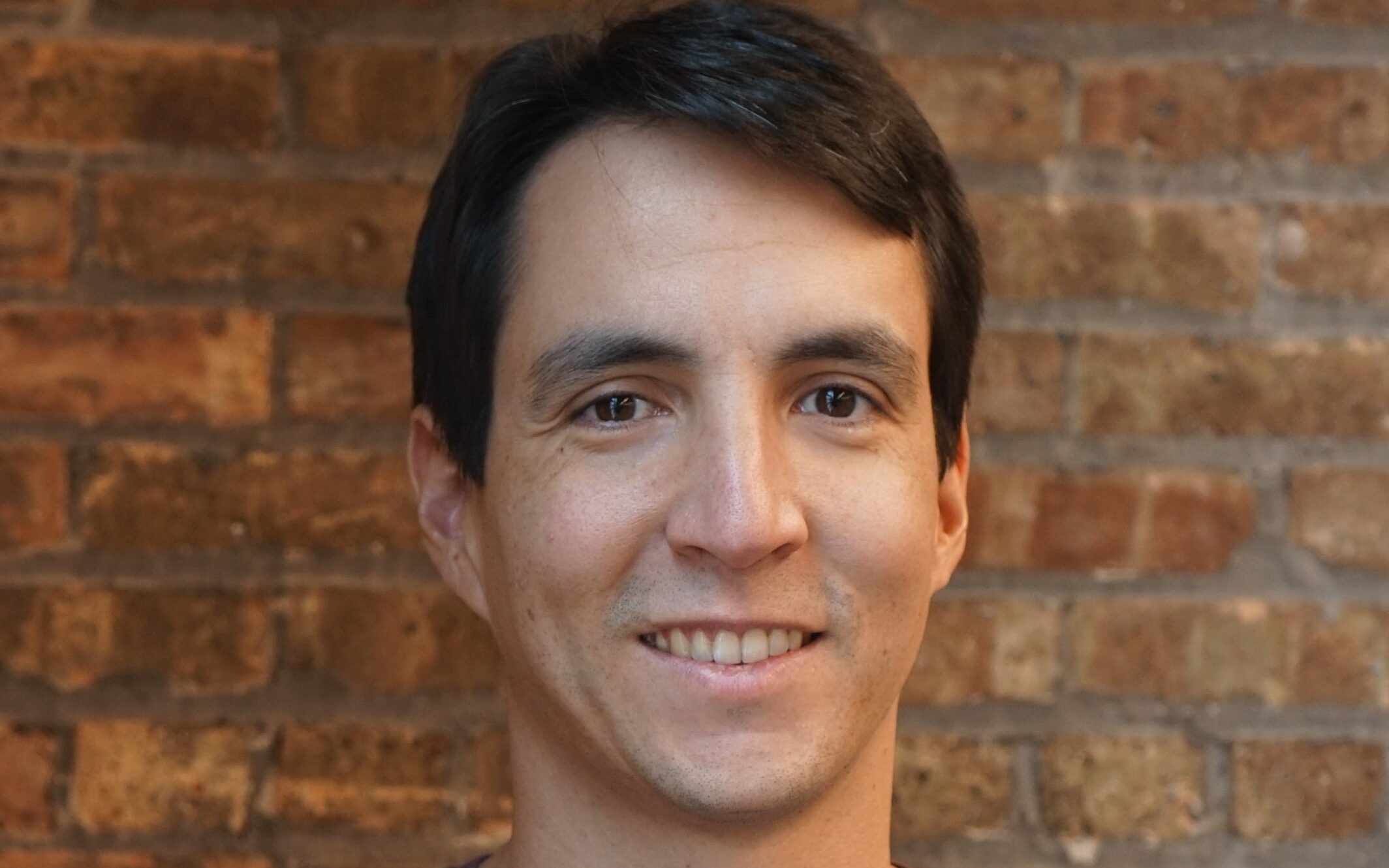
Sanarai is a Spanish-language mental health platform connecting the Latine community with professionals in Latin America and the US.
“I started Sanarai from a personal need,” says Luis Suárez, who came to the US from Mexico City to pursue his MBA before working in management consulting. “I struggled to find a provider who spoke Spanish and could fit into my schedule—a challenge faced by many Spanish-speaking individuals. I knew there had to be a better way.”
“By removing language barriers, reducing wait times, and offering culturally relevant care, we’re not just improving access—we’re helping this community level up.”
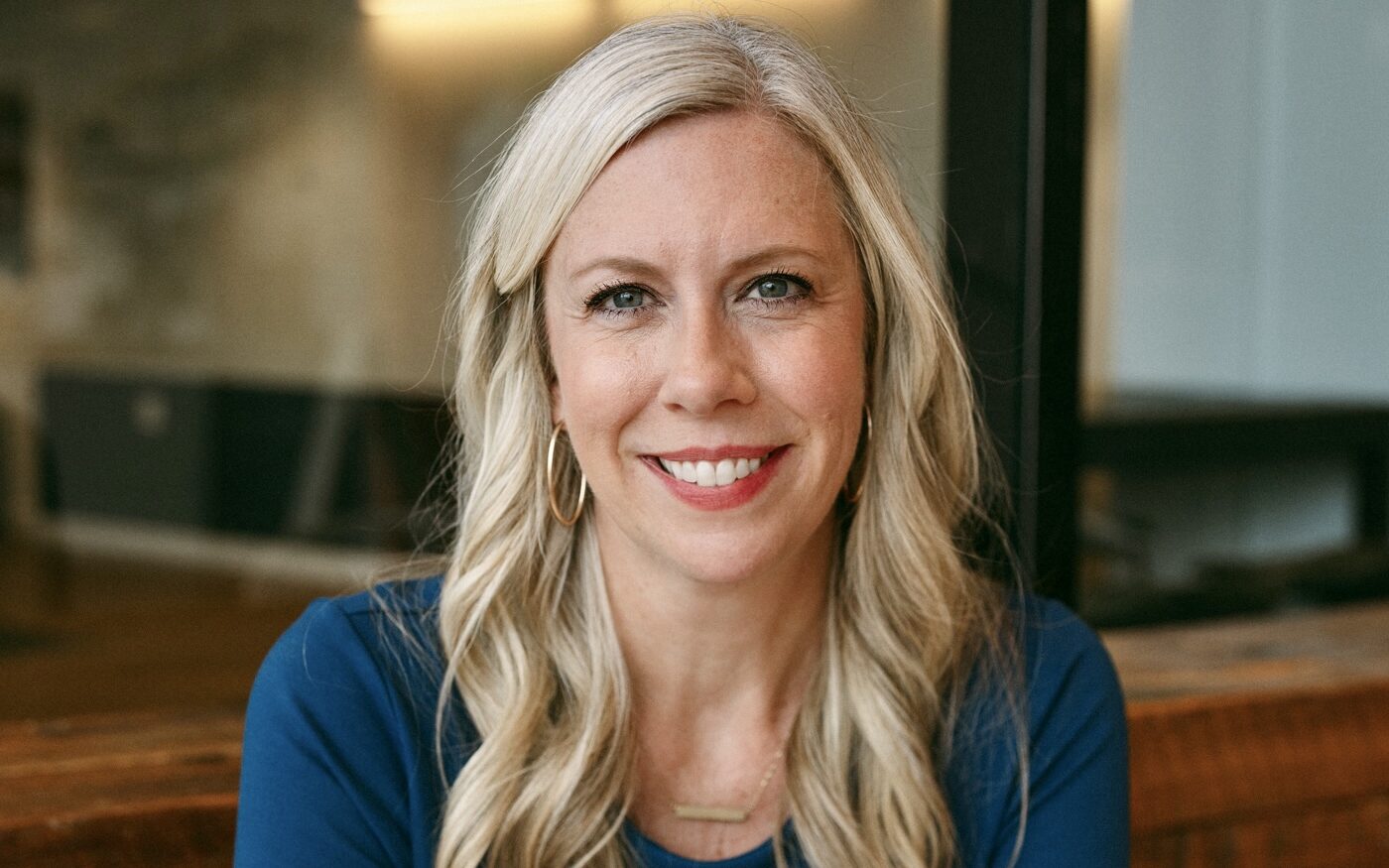
Infinite Giving is an award-winning investment platform that helps nonprofits easily receive donations, manage their cash reserves, and conservatively invest funds more effectively.
Offering curated investment portfolios, thoughtful cash management strategies including FDIC sweep programs, and a donation page for streamlined stock, crypto, and DAF giving, Infinite Giving is modernizing how nonprofits raise and manage money.
No stranger to the tech, nonprofit, and investment worlds, CEO Karen Houghton was formerly Vice President of Atlanta Tech Village, Founder and Executive Director of a nonprofit – the Do Good Initiative, and a Venture Partner at Atlanta Ventures.
Tomás Uribe, Mavity
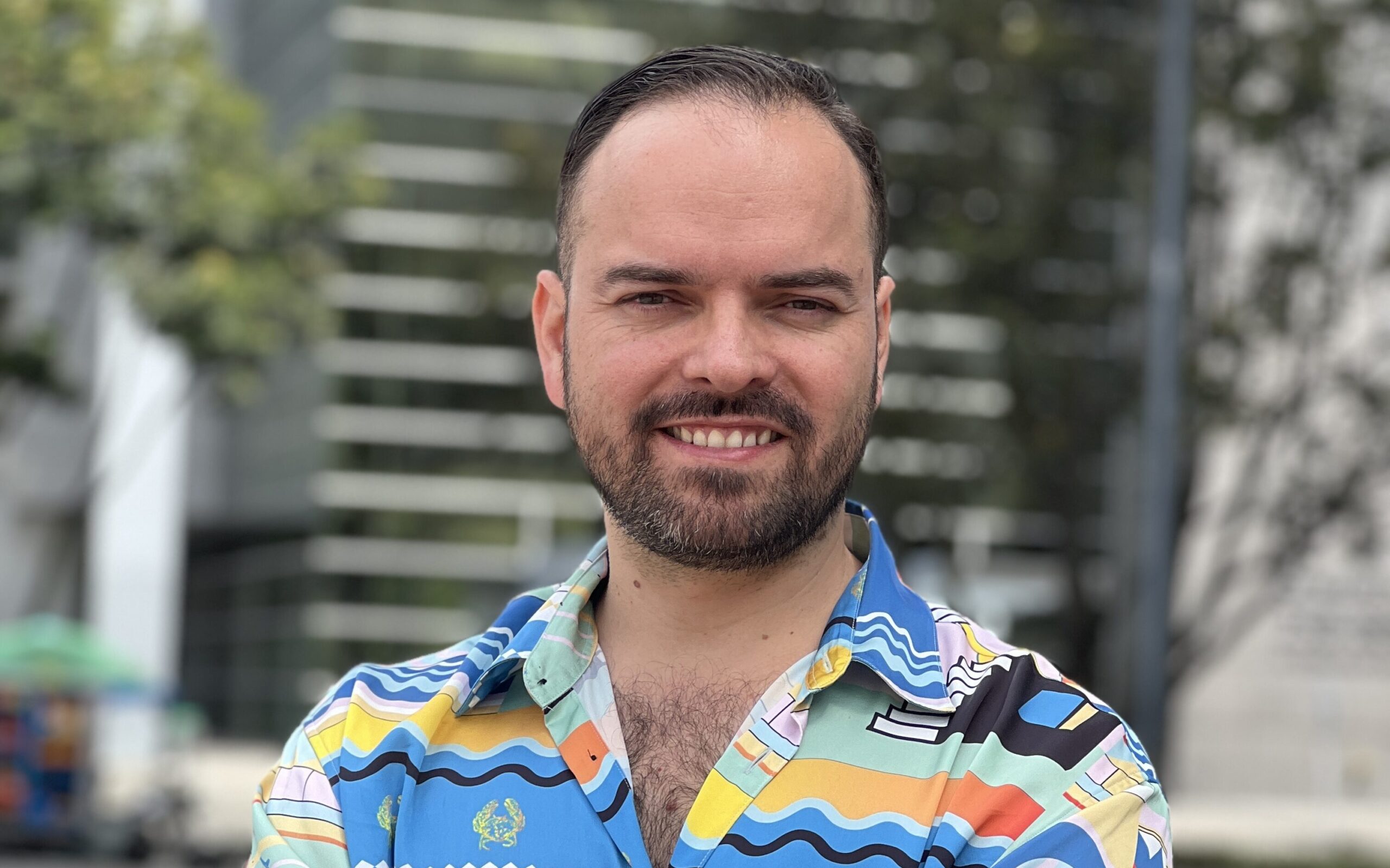
Mavity supercharges creative operations with its AI-powered platform that connects businesses with creative teams, merging design, project management, and marketing into one platform.
“We started Mavity because we saw an opportunity to reshape the creative economy by giving underrepresented talent a platform to showcase their skills and work on global projects through an end-to-end collaboration platform,” Co-founder and CEO Tomás Uribe tells POCIT. “It’s about building a future where everyone has the chance to create, collaborate, and thrive.”
Jamie Sonneville, Agri-Trak
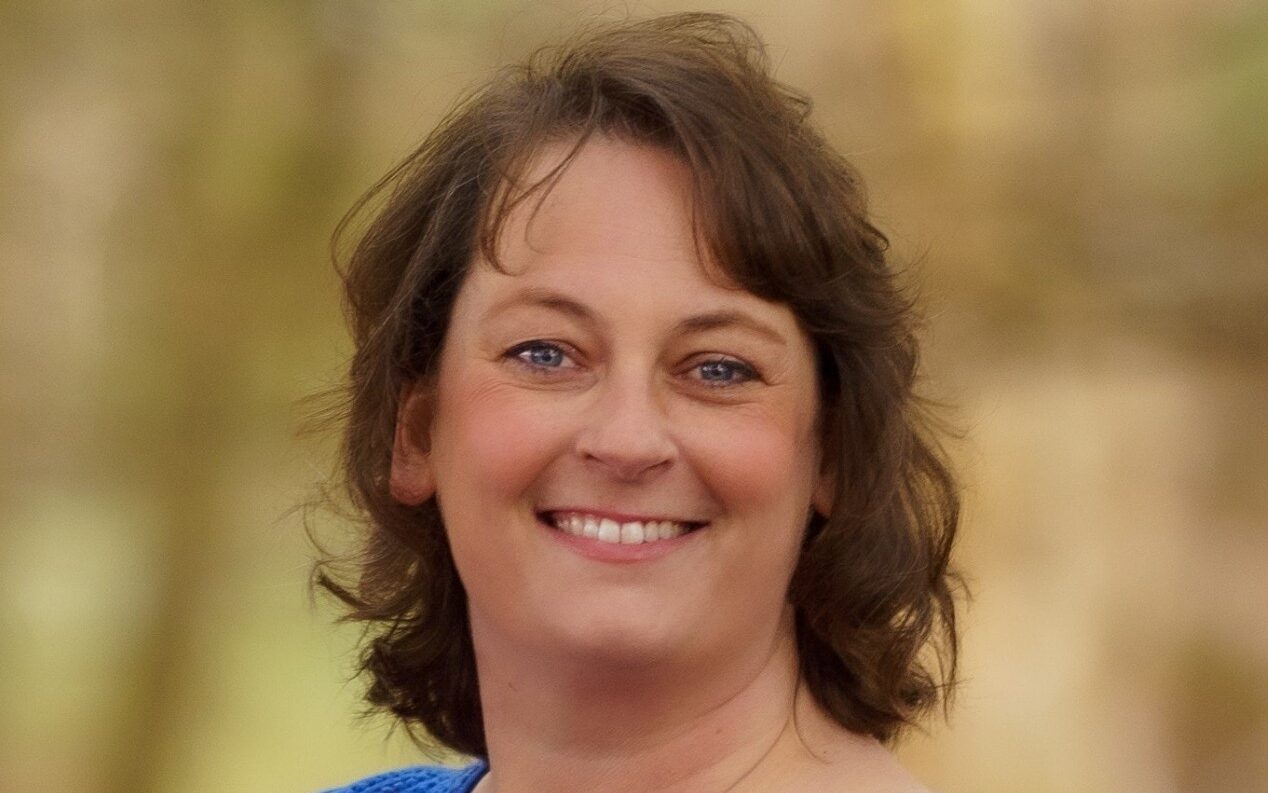
Jamie Sonneville created Agri-Trak to take the guesswork out of farming.
“As a fifth-generation apple grower, I knew it was imperative to change the way we were farming. Previous generations had been successful, but we knew we had to adapt our operation to the ever-changing agriculture industry regulations. I built Agri-Trak to ensure that family farms would have the data they needed to make informed decisions about their crops, ensuring success for future generations of farmers.”
Agri-Trak’s dashboard helps farmers make data-driven decisions, save time, and comply with labor regulations, using data to address modern farming challenges.
Learn more about MSIVL here.
This article is sponsored by the Morgan Stanley Inclusive Ventures Lab
